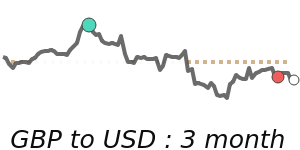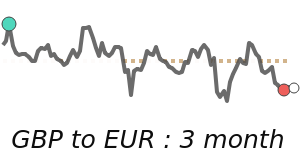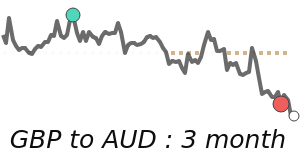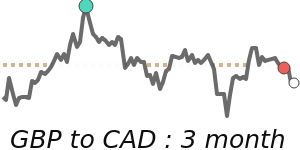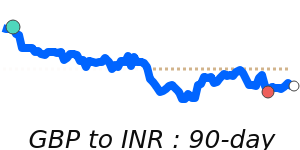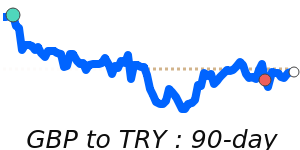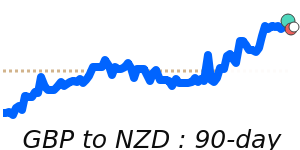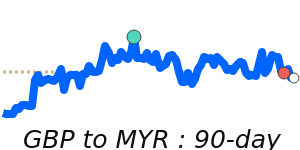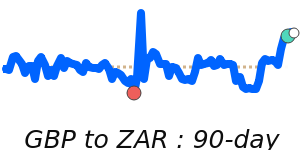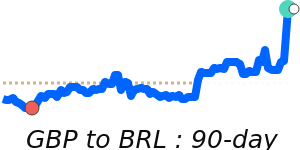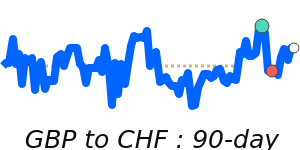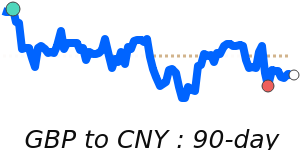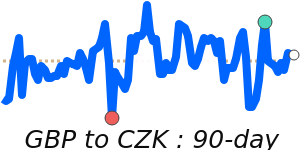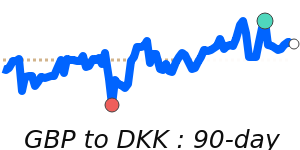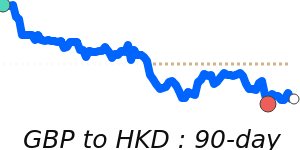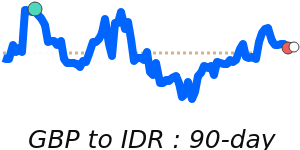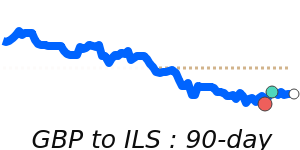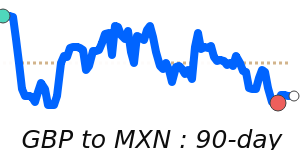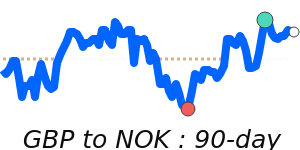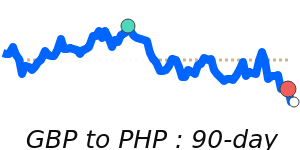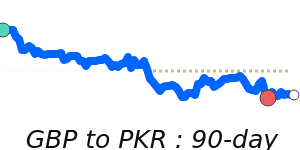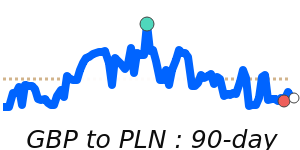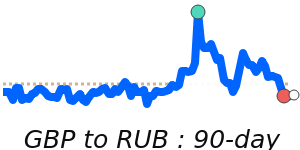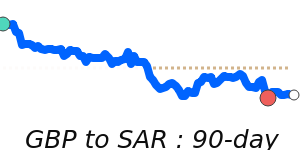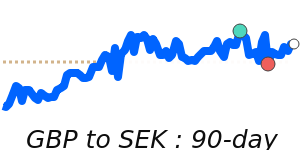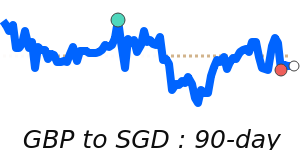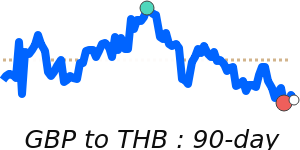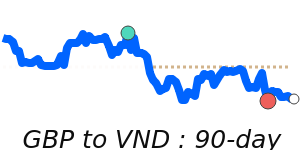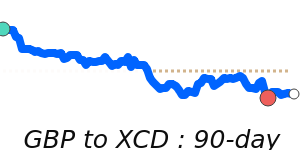Outlook
GBP remains supported by hawkish bets on the BoE, but renewed energy price pressures and UK growth risk cap upside. A stronger inflation backdrop argues against near-term rate cuts. Chancellor Reeves' Spring Statement is due; a higher OBR (Office for Budget Responsibility) forecast could lift Sterling.
Key drivers
- Hawkish BoE path supports GBP as inflation stays stubborn.
- Energy price surge could weigh on UK growth and keep policy tight.
- Reeves' Spring Statement and possible OBR forecast upgrades could lift Sterling.
Range
GBPUSD: 1.3404, near 30-day low and close to its 3-month average of 1.3493; range 1.3212–1.3837.
GBP/EUR: 1.1465, near its 3-month average; range 1.1365–1.1590.
GBP/JPY: 210.8, near its 3-month average; range 205.9–214.3.
What could change it
- A bigger-than-expected BoE hawk tilt would push the pound higher.
- A stronger fiscal stance in Reeves' Spring Statement via higher OBR forecasts could lift Sterling.
- Clear relief in energy prices or softer UK data could trim gains.
